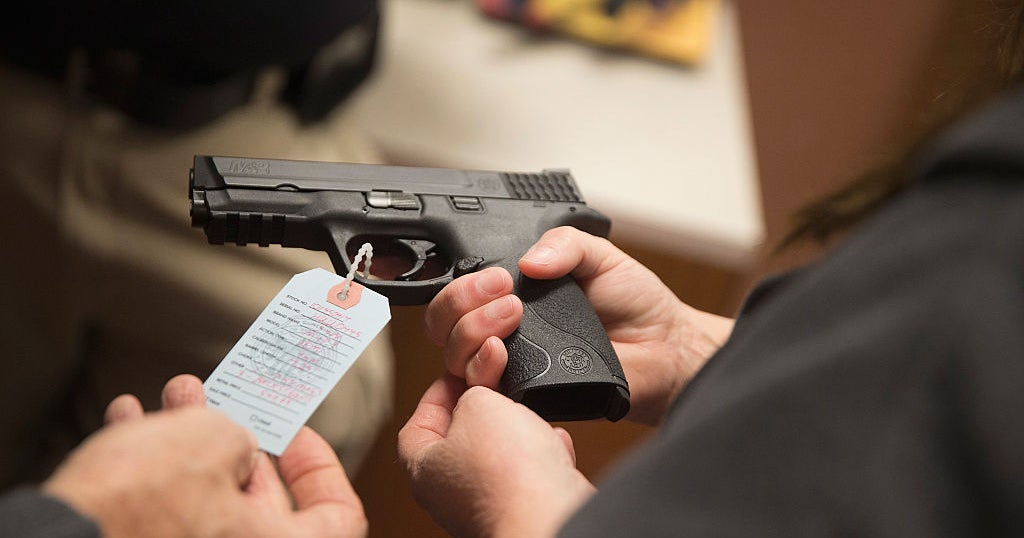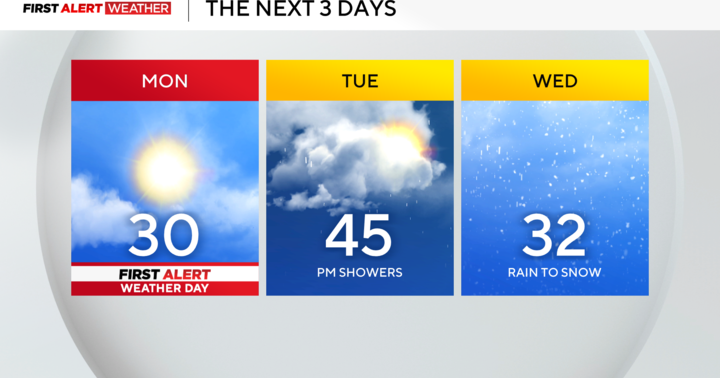What do you need to know before buying an e-bike?
MINNEAPOLIS — If you visit one of Minnesota's many trail systems, it's almost expected to see someone not just riding a bike, but an electric one.
Their sales have skyrocketed in recent years with Minnesotans clamoring to get a rebate on them.
"I've had this bike for just over a year," said Scott Woller of his current e-bike. It's the second one he's owned with the first being purchased in 2019.
"Just before the pandemic, so I beat the rush," he said.
And rush it was indeed. From 2018-2019, e-bikes sales dropped in the United States. But starting in 2020 as the COVID-19 pandemic created a surge of interest in cycling, e-bike sales exploded. About 1.1 million were sold in 2022, nearly four times more than in 2019. E-bike sales in the US surpassed electric car sales that year as well.
Marcy Levine has worked at Freewheel Bike in Minneapolis since the 1980s, well before e-bikes filled their shop. She said up to 50% of customers who walk through the doors have questions about e-bikes, a big change from when the shop had its first e-bike in 2001.
"It was quite heavy, big chunky battery, very, very large rear hub motor," Levine said of the unique two-wheeler.
E-bikes date back even further than that, all the way to the late 1800s. The modern era of e-bikes started in the 1990s when batteries and motors, while bulky, improved. Interest grew in the 2000s as technology got even better and cheaper, but not to the extent seen in recent years.
Woller has been a cyclist for much of his life, but he admits that he ignored e-bikes for years.
"I thought they were for old people," he said. "The early sort of bike shop mindset was 'this is cheating,'" Levine said of the then newer type of bike.
Why have e-bikes become so popular?
"The improved battery technology, the improved motor technology, the aging of baby boomers, the ecological idea that this can serve as a car substitute," said Levine.
"It just expands your range," said Woller. "If you would say you don't really feel like riding 10 miles, well maybe it's not that big of a deal with an e-bike."
The mindset shift that e-bikes can serve daily commuters, aging riders, or people trying to save money on gas was ever apparent earlier this year when Minnesota's e-bike rebate program drew so much interest that its website crashed.
"We were not surprised," Levine said of the excitement around the rebate.
The average e-bike price ranges from $1,000-4,000, with some going for less or higher than that range.
If buying one, consider your style of riding. Would it be for commuting, leisure, or sport? And think about how you'll store, charge, and secure it. Given the price tag, making sure it doesn't get stolen or damaged is of heightened importance.








